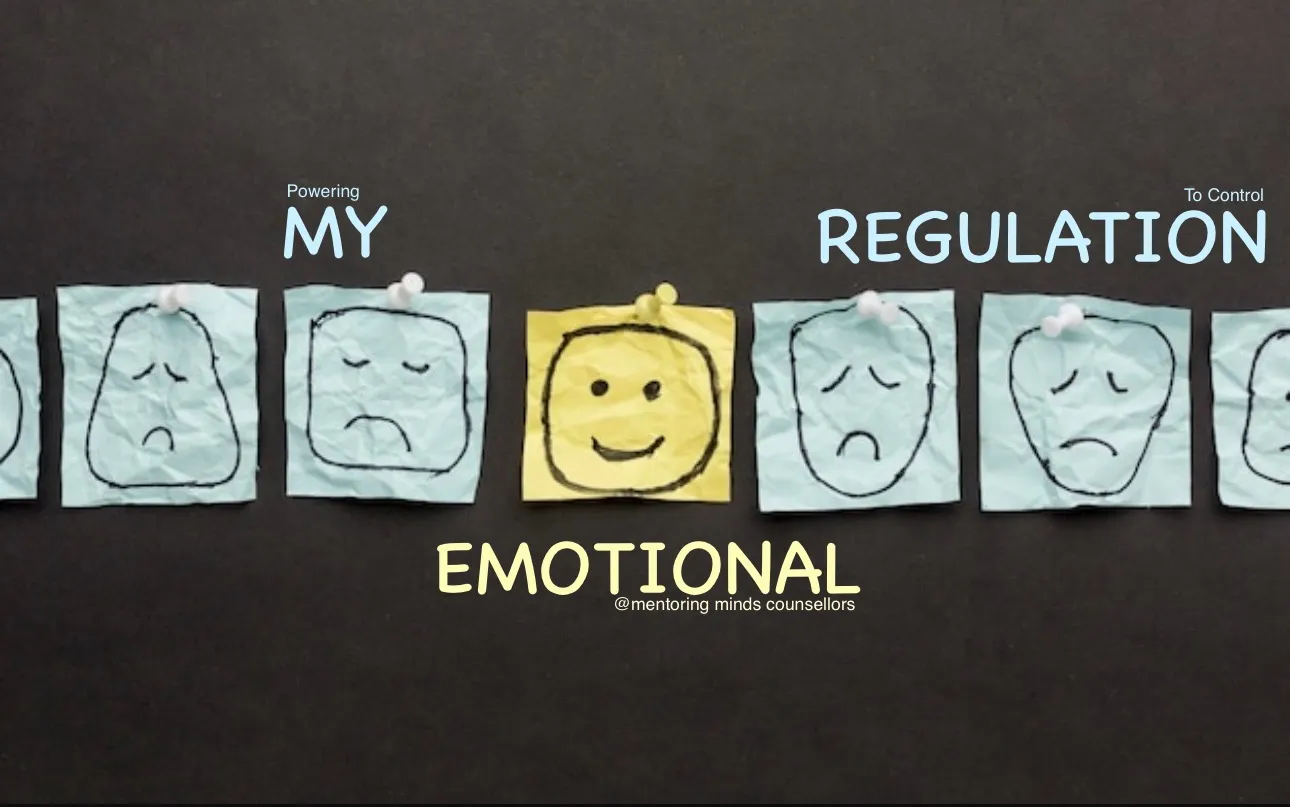We sometimes find ourselves reacting too quickly, saying things you didn’t mean, or feeling emotions that seem way too intense for the situation? If yes, you’ve touched the heart of what emotional regulation is all about and why it can be so difficult.
What Is Emotional Regulation?
Emotional regulation is your ability to understand, manage, and respond to your feelings in a healthy way. It doesn’t mean suppressing emotions or pretending everything’s fine when it’s not. Instead, it’s about being aware of what you feel, why you feel it, and choosing how to express it.
Think of it like being the driver of your own emotional car. Your emotions are the passengers they can give directions, suggest stops, or even yell sometimes but you decide which way to steer.
Why Is It So Hard to Regulate Emotions?
- Our Brains Are Wired for Survival, Not Calm.
When you feel threatened, stressed, or overwhelmed, your brain activates the “fight, flight, or freeze” mode. This reaction is automatic and powerful it can make logic and calm thinking feel out of reach in the moment. - Unprocessed Emotions Pile Up.
When emotions from the past anger, grief, fear, guilt go unacknowledged, they don’t disappear. They build up and spill over at unexpected times. Sometimes, what you’re reacting to isn’t just the present moment, but everything you’ve been holding inside. - We Were Never Taught How to Regulate.
Many of us grew up hearing things like “don’t cry,” “be strong,” or “calm down.” These messages teach suppression, not regulation. As adults, we then struggle to name our feelings, let alone manage them in healthy ways. - Stress and Fatigue Lower Emotional Control.
When you’re exhausted, hungry, or mentally drained, your emotional threshold gets thinner. It’s harder to stay calm, think clearly, or respond rationally. - Different Personalities, Different Triggers.
Everyone’s emotional makeup is unique. Some people feel deeply and express openly, while others internalize emotions. Neither is “wrong,” but understanding your emotional style helps you manage it better.
How Can You Start Regulating Better?
- Pausing before reacting. Take a breath, count to five, or step away if needed.
- Naming the feeling. Instead of saying “I’m fine,” try “I’m anxious,” or “I’m disappointed.” Naming emotions reduces their intensity.
- Understanding triggers. Notice what situations make you lose control awareness helps you prepare.
- Practicing self-compassion. You’re not weak for struggling; you’re human.
- Developing coping habits. Journaling, walking, meditating, or talking to someone can all help release emotions safely.
Final Thought
We at Mentoring Minds Counsellors understand that regulating emotions is not about perfection it’s about progress. Some days, you’ll stay calm under pressure; other days, you’ll lose your cool. And that’s okay. Emotional regulation is a lifelong skill, one that grows with patience, practice, and understanding.
When we learn to face the emotions instead of fighting them, we don’t just regulate we heal.


Leave a Comment